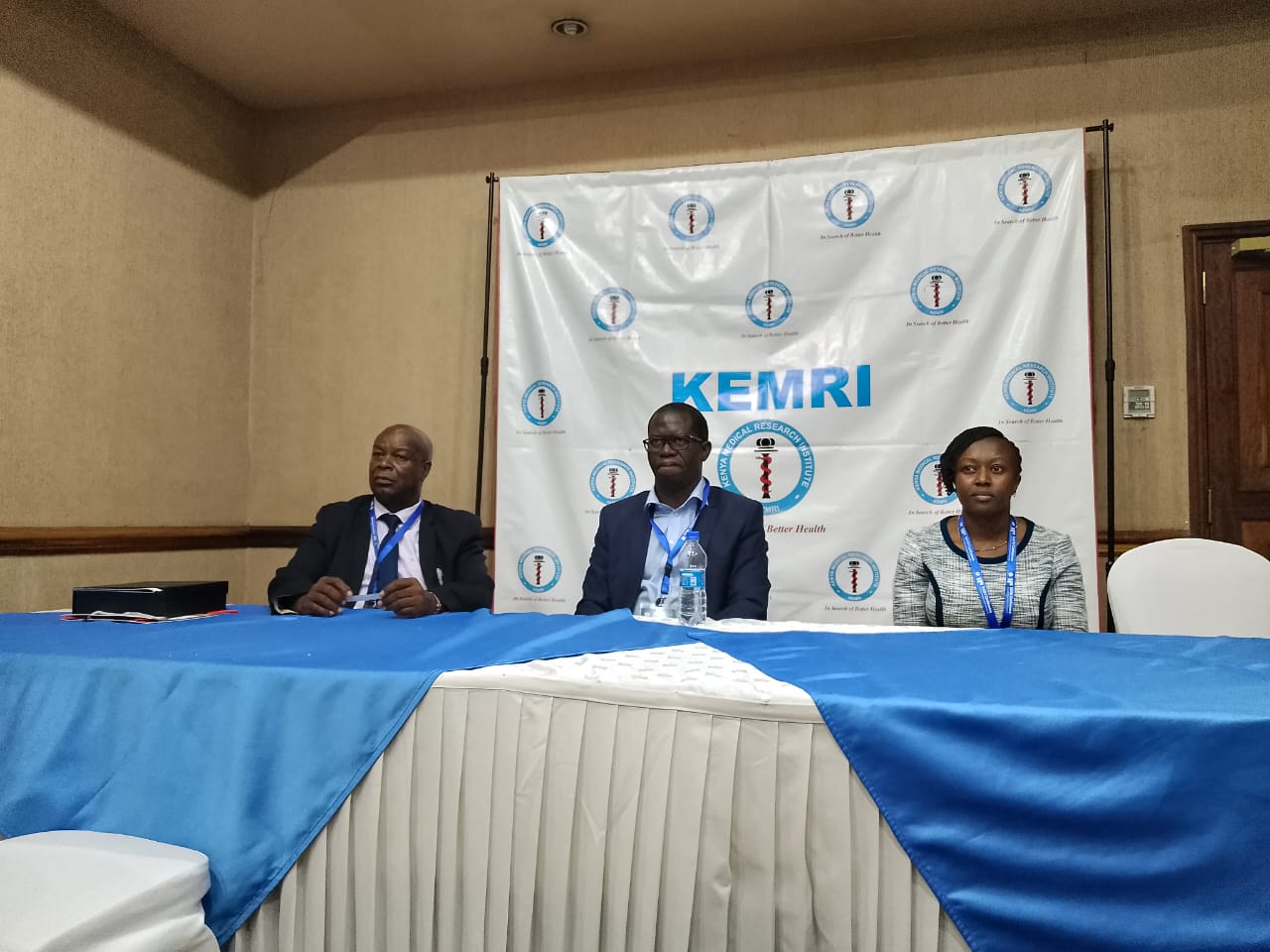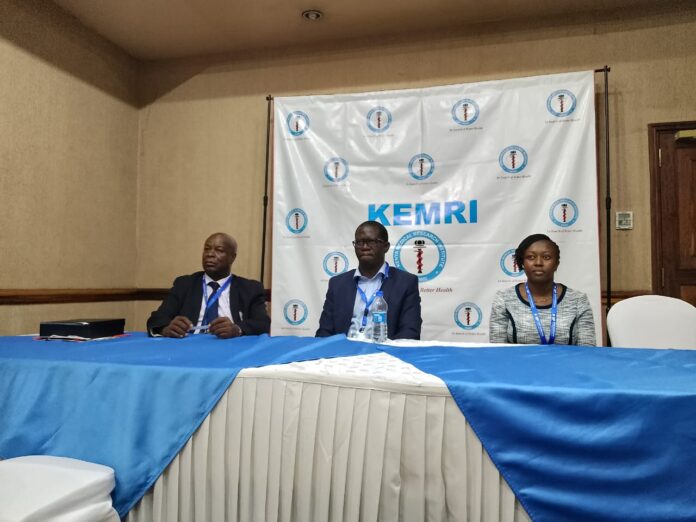By Clifford Akumu
Nairobi, Kenya: Kenya still lacks a reliable criminal Deoxyribonucleic acid (DNA) database, a move that is putting pressure on the country’s ability to put to rest high-level forensic cases.
According to forensic experts, the East African powerhouse, needs to move with speed to put in place legislation that will make it possible to extract a DNA sample from those individuals who are convicted.
A data bank of this nature will help track murders and sex offenders, experts added.
Speaking at the ongoing 14th Kemri Annual Scientific and Health Conference in Nairobi, Dr John Kimani, a forensic scientist and consultant noted that Kenya had recorded huge strides in forensic science with some of the best forensic laboratories and very reliable DNA equipment across the region.
He said there is a need to develop legislation and regulations for the creation, maintenance, and reference of data in the database for the criminal justice system.
“But, as a country, we still have a challenge when it comes to issues of criminal DNA database. We need legislation in place to support its realization,” Dr Kimani told journalists in Nairobi.
Dr Kimani added that embracing a criminal DNA database for the criminal justice system is vital in fighting modern crimes.

DNA is a self-replication material that is present in nearly all living organisms as the main constituent of chromosomes.
While giving a blow-by-blow account of how the identification of some of the bodies exhumed during “Shakahola Cases” has remained a challenge, Dr Johansen Oduor, the Government Pathologist said, “Some bodies exhumed from Shakahola will be buried in mass graves because some relatives have refused to undertake a DNA test to match the bodies with their respective families.
According to the pathologist, some of the relatives who showed up said they didn’t want to be associated with their kin who had willingly joined Paul Mackenzie’s church.
“Once you have collected DNA samples of the deceased, you have to match to the relatives so that we can know this person is related to this person,” the government pathologist said.
“Some of them came and gave their samples but some of them refused because they were telling us the person went to Mackenzie hence they don’t want anything to do with them.
Oduor revealed that so far 429 autopsies had been conducted with the results of the DNA tests being waited for.
Dr Kimani added that laboratories within the country that handle forensic cases need to be well-resourced and provide quality and reliable data.
“We are trying to get all the laboratories that are working on forensic cases are well accredited,” Dr Kimani stated.














